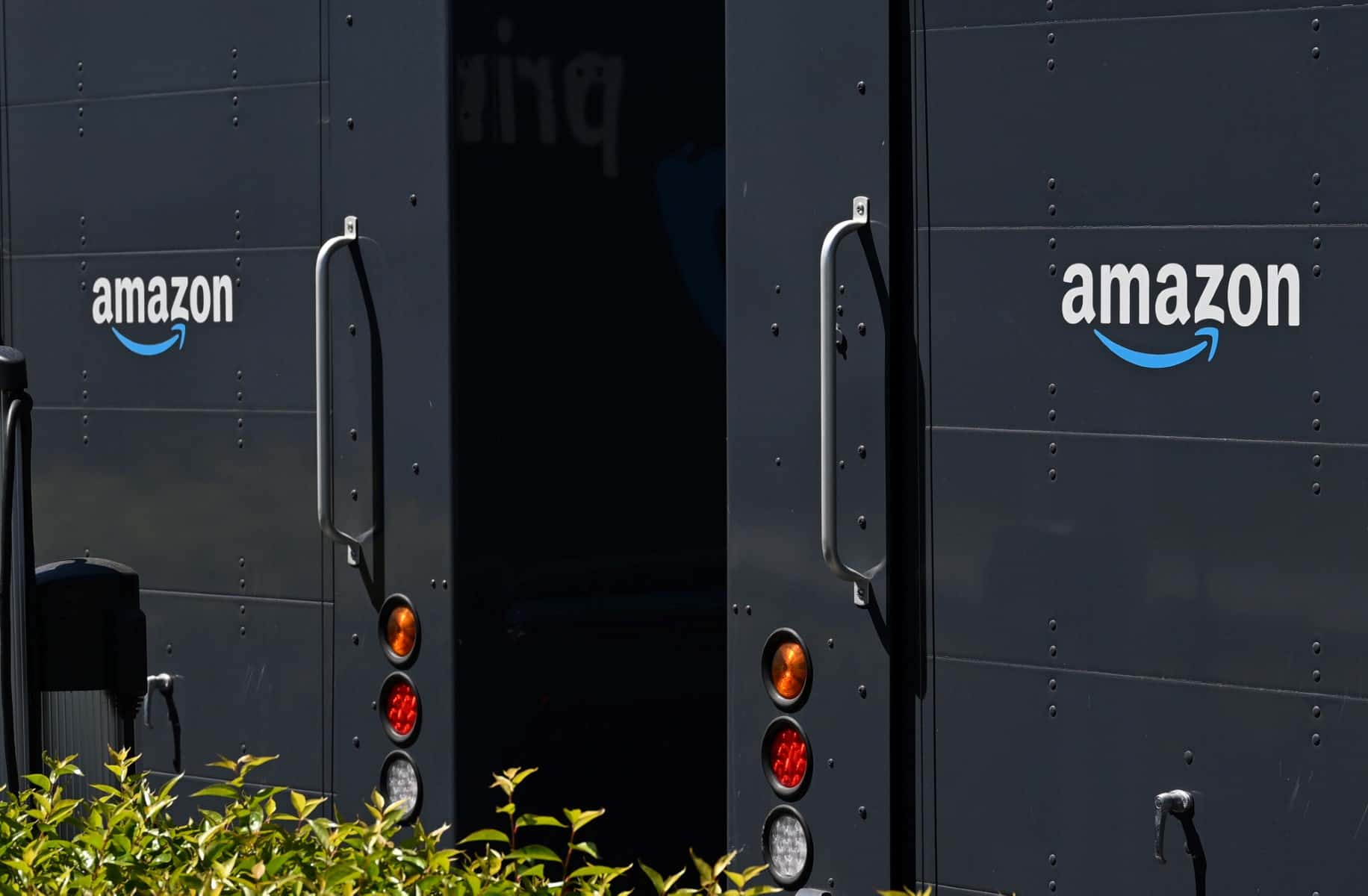Amazon announced Thursday it will acquire US primary health care provider One Medical for $3.9 billion, a major step for the online retail giant’s move into the medical sector.
The massive firm has steadily gone far beyond e-commerce, and earlier this year said its telemedicine service was expanding nationwide in the United States.
“We think health care is high on the list of experiences that need reinvention,” said Neil Lindsay, senior vice president of Amazon Health Services.
“We see lots of opportunity to both improve the quality of the experience and give people back valuable time in their days,” he added.
One Medical, which has a network of primary care practices and telemedicine services, has grown to over 750,000 members.
The news comes after Amazon announced in February the expansion of Amazon Care, which was first launched in 2019 to provide Amazon employees with access to doctors.
The service combines virtual doctor or nurse visits using an Amazon Care mobile app with in-person care by medical personnel dispatched to patients’ homes, the tech company said.
The telemedicine industry soared amid coronavirus restrictions and Americans’ use has since held steady at about 38 times over pre-pandemic levels, according to a McKinsey & Company report from July.
At the same time, Americans typically get their health insurance through their jobs, so the current US hiring crunch has pushed employers to offer increasingly attractive benefits.








